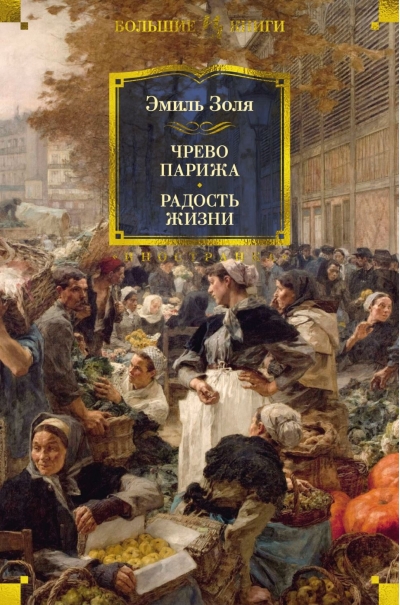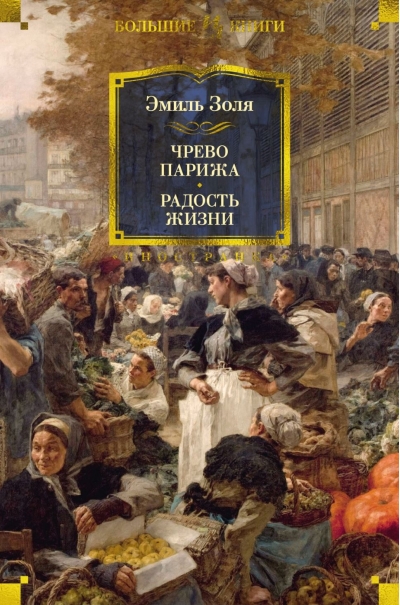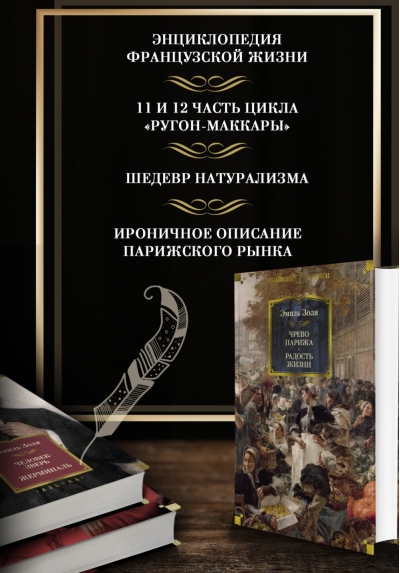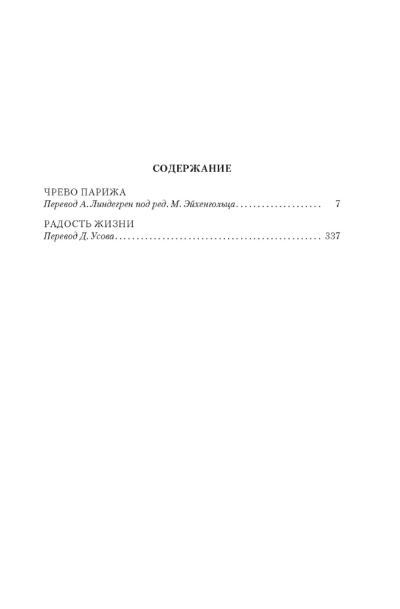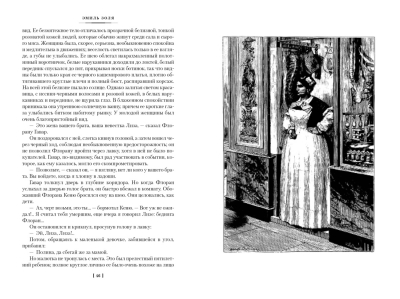The Belly of Paris. The Joy of Life
14.99 €
In stock
Emile Zola is one of the pillars of world realistic literature, the founder and theorist of naturalism, a keen researcher of everyday life, a passionate human rights activist and publicist who influenced the entire realistic direction of 20th century literature and, above all, the school of "new journalism": Truman Capote, Tom Wolfe, Norman Mailer. His most famous work is the epochal twenty-volume cycle "Rougon-Macquart", which reveals to the reader an endless panorama of human vices and virtues in the scenery of the Second Empire. This is a genuine encyclopedia of life in Paris and the French provinces, based on the example of several generations of one family that gave birth to the strangest fruits. This illustrated edition includes novels that occupy, according to the order of reading prescribed by the author, the eleventh and twelfth places in the cycle.
"The Belly of Paris" is one of the most famous novels of the cycle. Written in 1873 and published in Russia the same year, the novel effectively marked the beginning of Emile Zola's popularity among Russian readers. The enormous Central Market, the Belly of Paris, spread out in the middle of the French capital, the source and symbol of satiety and contentment - the main virtues of the Second Empire, suspicious of hungry idealists... For young Pauline Quenu, the heroine of one of the main masterpieces of naturalism - the novel "Joy of Life" (1884), parting with the Central Market marked the end of a carefree childhood under the roof of prosperous parents. Pauline inherited a considerable fortune, but along with it this good child did not inherit either the worldly acumen or the practicality of her ancestors, the Macquarts...
"The Belly of Paris" is one of the most famous novels of the cycle. Written in 1873 and published in Russia the same year, the novel effectively marked the beginning of Emile Zola's popularity among Russian readers. The enormous Central Market, the Belly of Paris, spread out in the middle of the French capital, the source and symbol of satiety and contentment - the main virtues of the Second Empire, suspicious of hungry idealists... For young Pauline Quenu, the heroine of one of the main masterpieces of naturalism - the novel "Joy of Life" (1884), parting with the Central Market marked the end of a carefree childhood under the roof of prosperous parents. Pauline inherited a considerable fortune, but along with it this good child did not inherit either the worldly acumen or the practicality of her ancestors, the Macquarts...
See also:
- All books by the publisher
- All books by the author
- All books in the series Foreign Literature. Big Books


